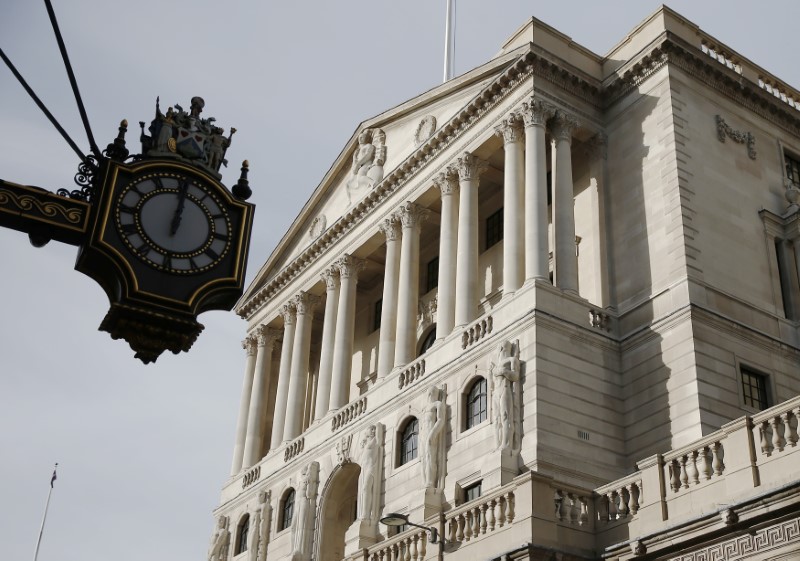LONDON (Reuters) - The banking sector in Britain contributed about 5.5 percent of government tax receipts in the year ending in March, the banks' main lobby group said in a report it said underlines the sector's importance as the government prepares for Brexit talks.A report commissioned by the British Bankers' Association (BBA) surveyed 36 British and foreign banks and calculated all banks in Britain helped pay or collect about 34.2 pounds ($42 billion) in tax for the government over the period. This included collecting 17.8 billion pounds in employment taxes, paying 3.4 billion pounds to cover the bank levy introduced in response to the financial crisis and paying 3.2 billion pounds in corporation tax, the report said.

Some large banks who use London to run their EU operations have said they could start moving staff as early as 2017 if there is no clarity on whether Britain will retain access to the single market. About half of the total taxes came from foreign banks, according to a report commissioned by the British Bankers' Association (BBA), the UK's largest bank lobby group."Brexit may introduce uncertainty over the contribution from foreign banks in the future," the report said. There is growing speculation that banks based in Britain will lose their rights to sell services freely across the European Union after the country voted in June to leave the economic bloc. The BBA said the purpose of the study was to quantify banks' tax contribution. This comes ahead of Britain's divorce talks with the EU next year when the government will have to prioritise what sectors to seek the best possible terms of trade for.